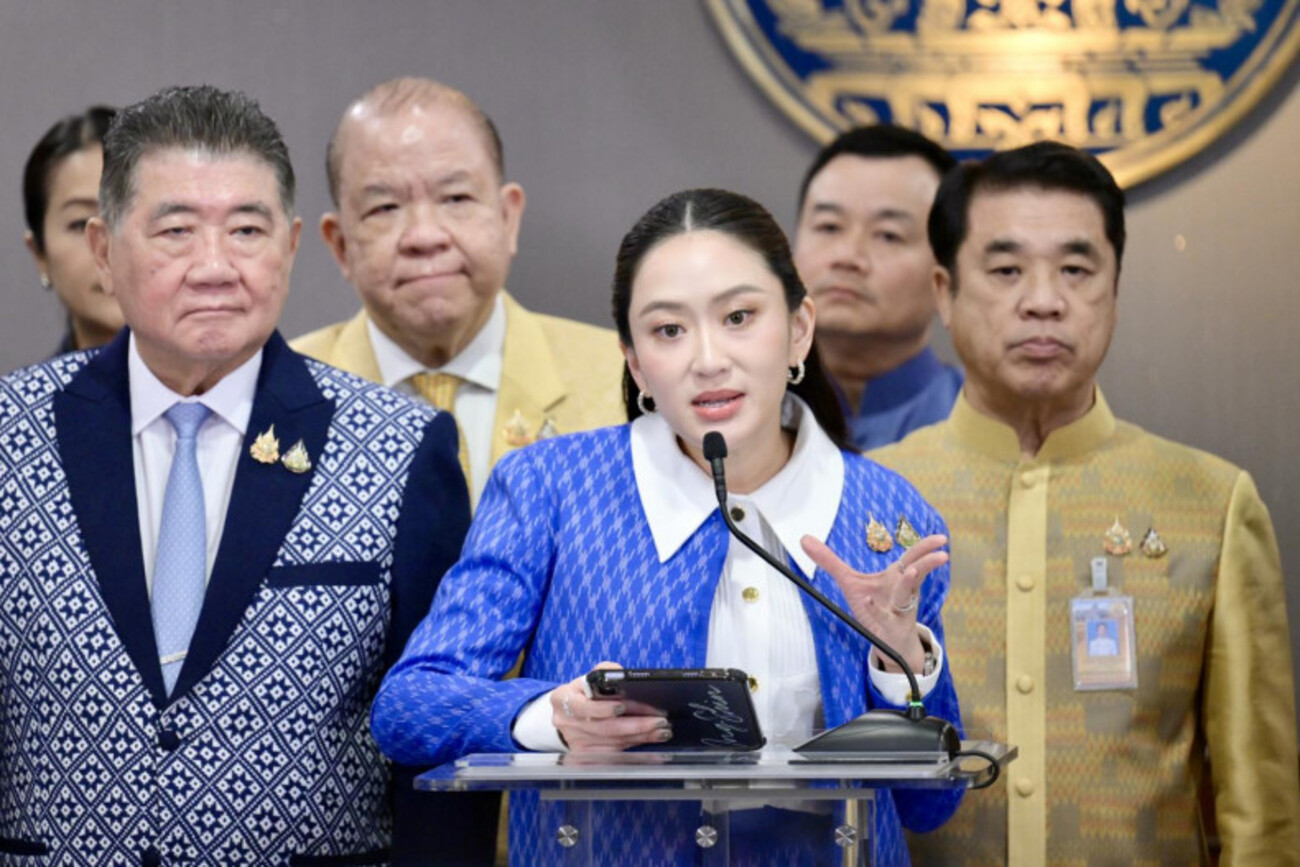The Thai cabinet has approved a draft bill to legalize casinos as part of entertainment complexes, aiming to boost tourism and attract investment. The decision, made earlier this month, has sparked debate over potential social impacts and regulatory concerns.
The bill, which now moves to the House of Representatives for deliberation, sets limitations on casino operations, including a requirement that gambling areas occupy no more than 10% of an entertainment complex. Public hearings will be conducted in proposed locations, and measures will be in place to address social concerns, according to a government statement.
Deputy Finance Minister Julapun Amornvivat previously indicated that an initial requirement for Thai nationals to meet certain asset thresholds for casino entry might be scrapped, as it would exclude a large segment of the population. Officials opted to submit the draft in its current form, with the possibility of amendments during the legislative process.

Government spokesperson Jirayu Houngsub emphasized that the bill is primarily aimed at stimulating the economy, creating jobs, and attracting foreign visitors. According to a Citi report, Thailand could become one of the world’s largest gambling destinations, with an estimated 50% of adults potentially participating in casino gaming. The government expects the initiative to generate at least 100 billion baht in investment and increase annual tourism arrivals by 5% to 10%.
Despite these projections, opposition to the bill remains strong. A recent public opinion poll showed widespread concerns about the potential negative effects of legalized gambling. Critics argue that the move could deter tourists from China if Beijing discourages travel to Thailand in response.
On the day of the cabinet’s discussion, about 80 protesters gathered outside Government House to voice their opposition. Pichit Chaimongkol, a protest leader, claimed that the proposal was not included in Prime Minister Paetongtarn Shinawatra’s original policy statement to parliament and accused former Prime Minister Thaksin Shinawatra of pushing the initiative. Opponents, including student and civic groups, argue that the bill promotes vice rather than improving citizens’ well-being.


